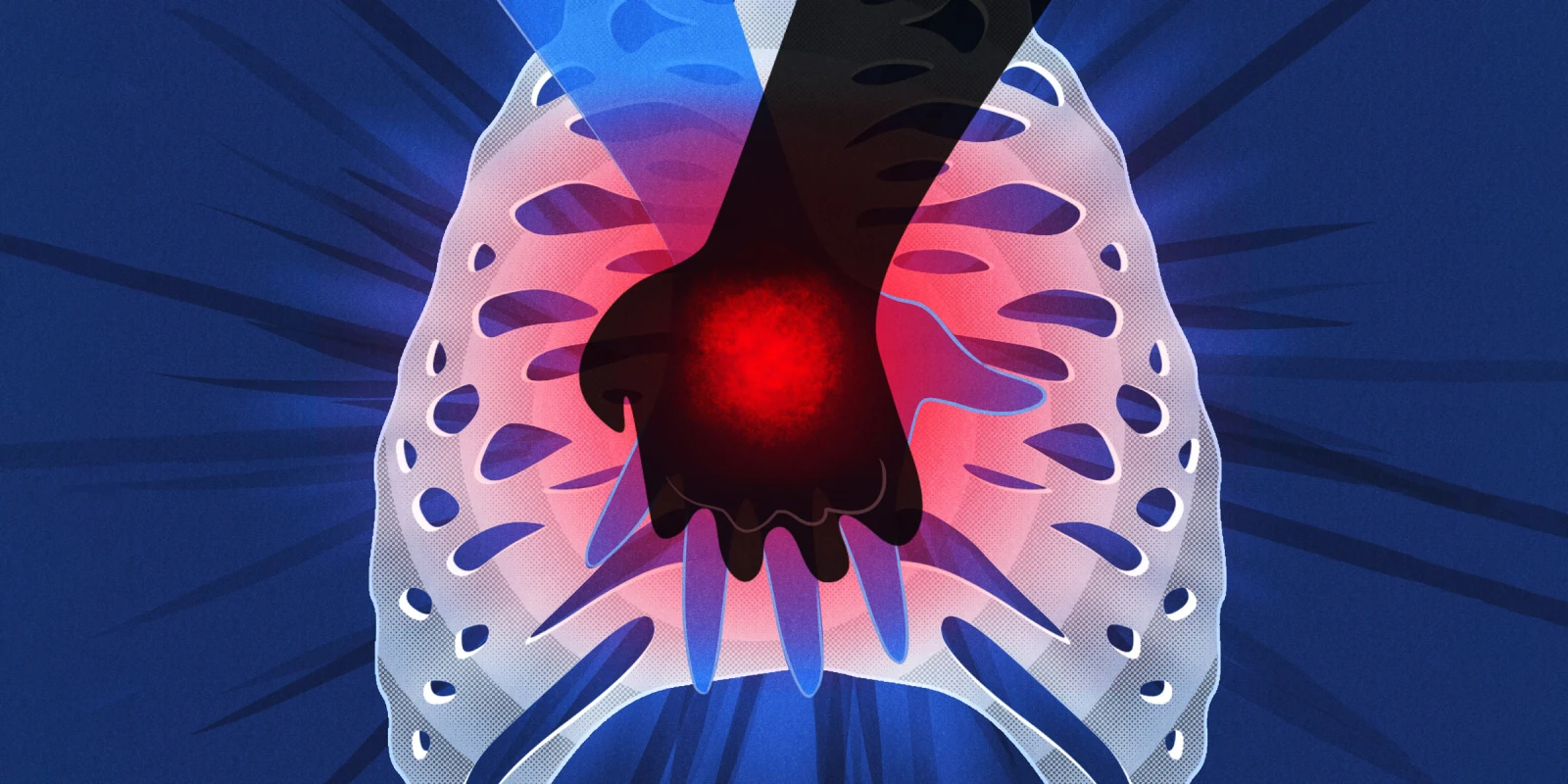A few months before beginning my intern year, I was in an industrial modular building waiting for my life support course to start. I had completed basic life support training before, but this time was different. No longer would this training be for potential public heroics, but rather a part of my daily life working in the hospital.
After an introduction, the instructor told us it was time to practice, so I awkwardly placed the base of my palm on the plastic mannequin's sternum and started chest compressions. The expressionless plastic torso bounced after each push. Is this what compressions will actually feel like? Are my compressions the right depth? Is this the correct rate? I pressed the mouthpiece onto the mannequin and examined the hollow chest rise and fall after each rescue breath. After a few more lessons and passing a written exam, I was emailed a completion certificate. July 1 came soon after, and I began residency training.
It has now been two years since that life support course, and I recently completed my required recertification. I walked into the same modular building and greeted one of my colleagues. Once again, after a couple instructional videos, the instructor told us it was time to practice compressions. My hands found the optimal position with ease, and without any hesitation I started compressions. Out of instinct, I did not look at the mannequin's face.
As I pushed down on the sternum of the mannequin, I did not feel the heightened emotions of the nurses, residents, and attendings around me. I did not experience the weight of the stethoscope around my neck. I did not see lifeless faces or limbs covered with multiple IV lines. I did not hear the painful sound of broken ribs or the cries of family nearby.
As I pressed, I analyzed the green light shining from the monitor attached to the mannequin, confirming to me that my compressions were indeed successful. I continued the compressions, finding the rhythm I had grown to know too well. The instructor then told us to stop compressions, and we casually took our hands off the mannequins. I did not have to debrief. I did not have to pause, say a silent prayer, and move on with my day. I did not have to go answer three new missed pages.
I did not have to look at the clock.
Before starting residency, I reflected on the type of physician I wanted to be. Empathy was a theme I held close and wanted to express in all my patient encounters. I knew that in training, many physicians' hearts become hardened and a numbing takes over. Initially, I did not know how this could be the case; however, now I cannot blame them. It is quite easy for this to happen to anyone.
Throughout training, residents are faced with new challenges that they are unprepared to experience. Unexpected patient deaths, long hours, family meetings, significant responsibility, and disagreements with colleagues are just a few of the difficulties. It is natural to protect oneself from these experiences by building a wall and losing track of the initial purpose. With every compression, we can separate ourselves from the humanity that is at the heart of medicine.
I have a few years left in training and then will go on to become an attending. Residency has provided me with clinical skills and a subtle confidence to help each future patient. Day after day I am acquiring the knowledge to assess, diagnose, and then treat. However, I have also recognized that residency training can divert earlier humanistic goals such as being an empathetic physician. It is our duty to ourselves and, most importantly, to our patients to see the person behind the MRN, the name behind the room number, and the life behind the code blue.
Nicholas Bellacicco is a neurology resident at Rutgers NJMS. He is passionate about the importance of medical humanities in medical education.
Illustration by April Brust







